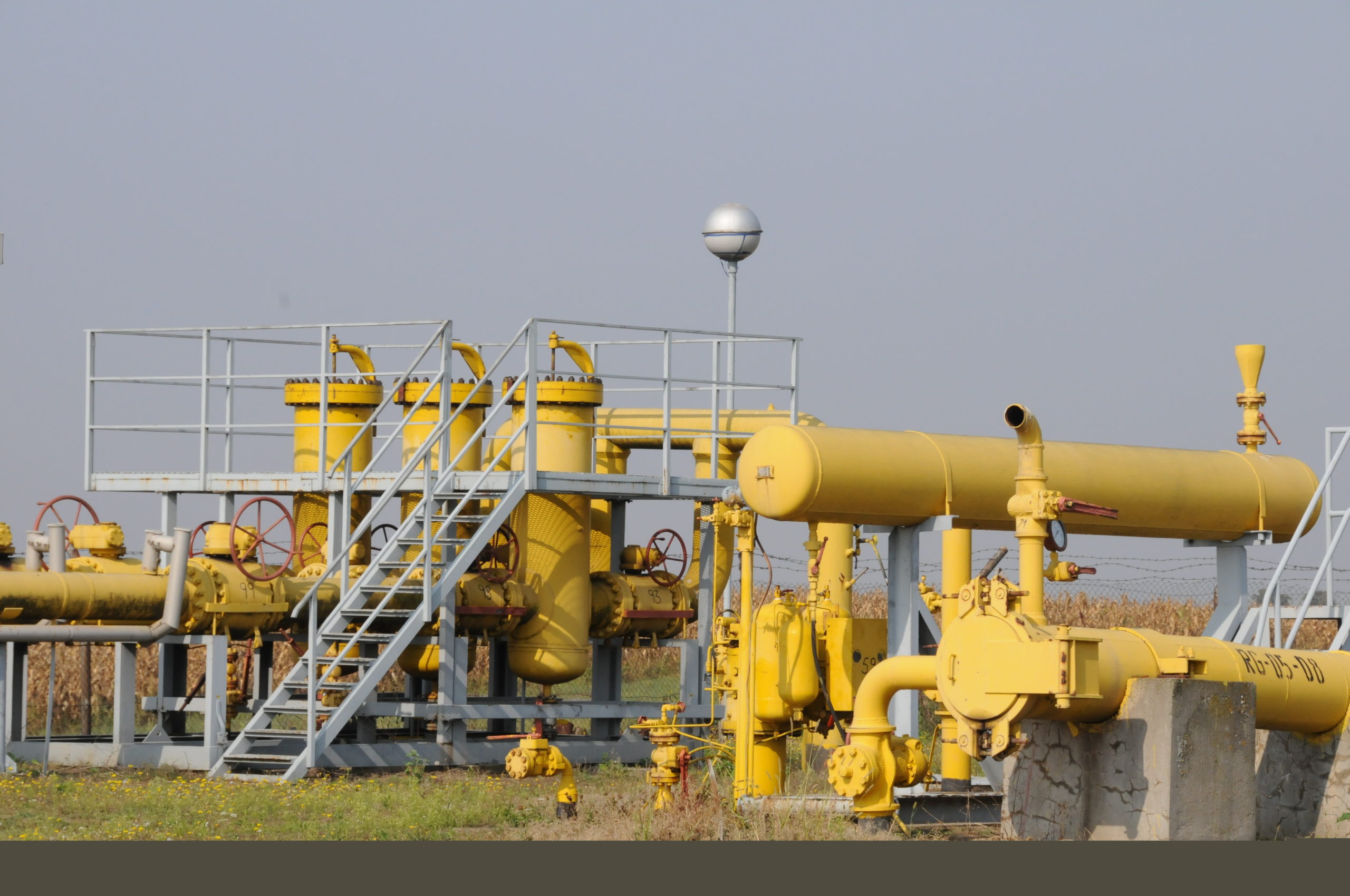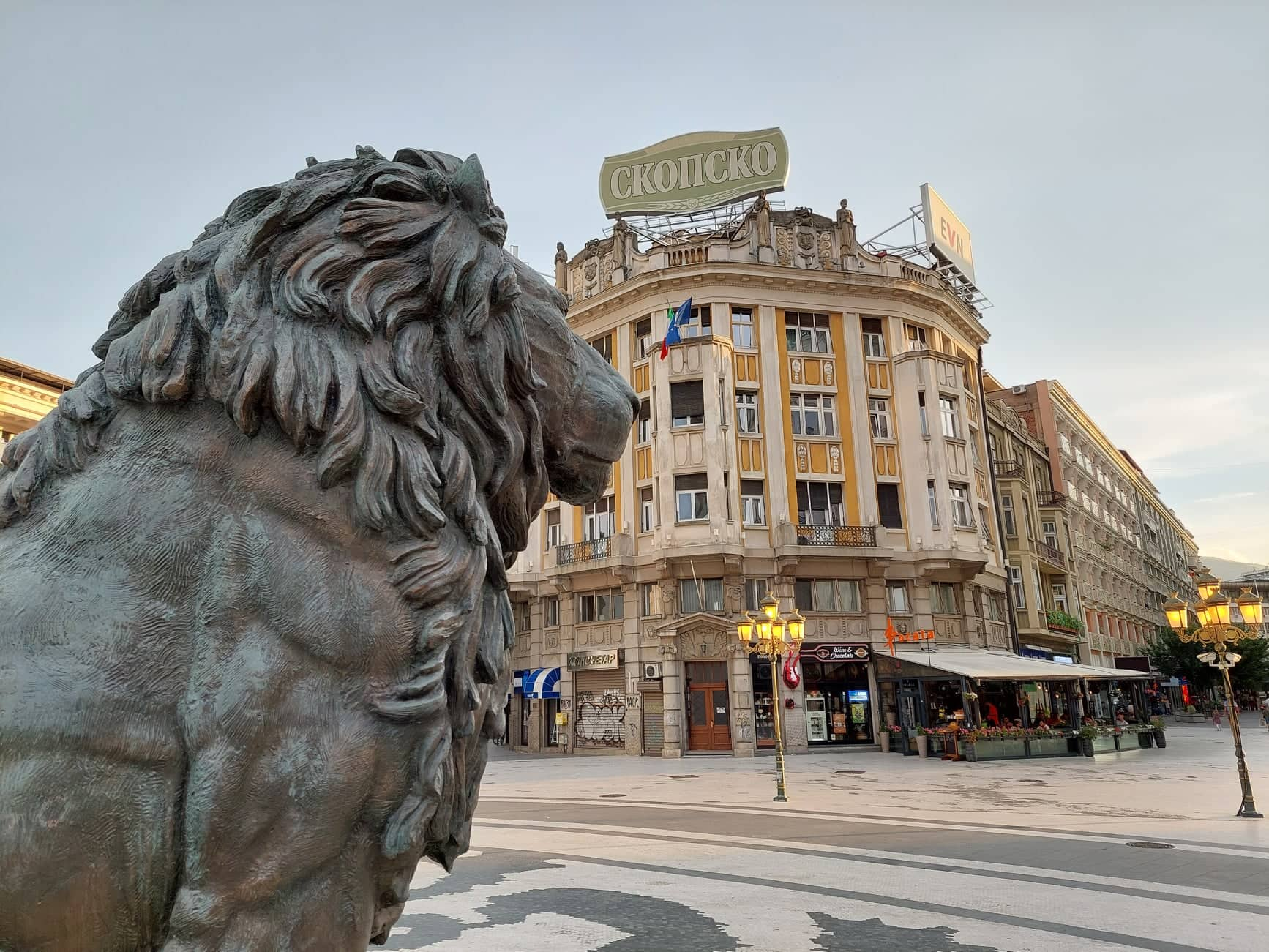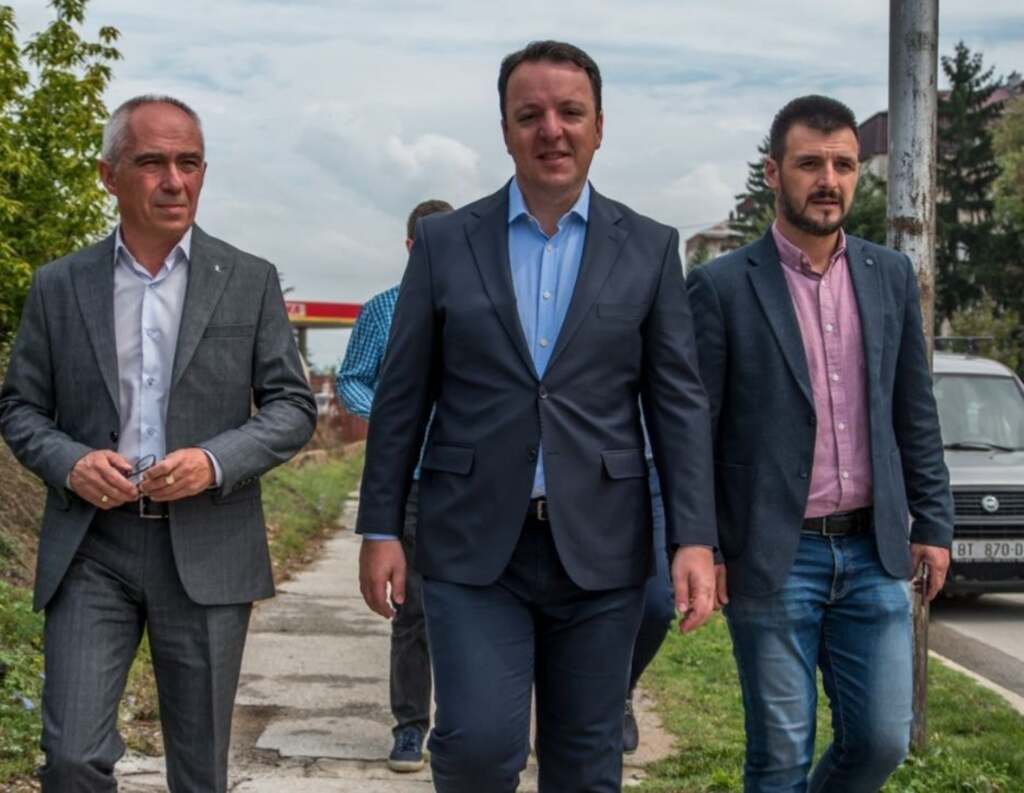
IMF loan may trigger further gas and electricity price hikes
Gas prices in Serbia may rise by 11 per cent from January and North Macedonia is also in trouble as it needs to import electricity, the vice chair of the opposition VMRO-DPMNE party – who blames the government for the current situation – told V4NA in an exclusive interview.
Will there be enough gas during winter – the question remains
North Macedonia’s gas reserves will only last until the end of November, even though the government has spent huge amounts on trying to secure some form of energy supply for the Balkan state, Aleksandar Nikoloski said. The deputy leader of the VMRO-DPMNE party told V4NA that the issues of electricity and natural gas should be separated. Regarding electricity, the big companies all have to pay high prices. In their case, the fees have increased up to four-, or even five-fold compared to last year.

Photo: V4NA
At the same time, a steady supply of gas is crucial for the North Macedonian capital, because that’s what’s fuelling the district heating plants, Mr Nikoloski explained.
„The situation isn’t good, there is huge uncertainty about whether there will be enough gas for the winter. We were lucky that October, and even the month of November, were warmer than usual. But one way or another, winter will come. For now, what we can hear from official communications is that we’ll only have natural gas until the end of November,”
the Macedonian politician told V4NA.

Photo: Facebook
So overall, the situation looks rather bleak, and this is because the government has practically destroyed the entire energy system,” Mr Nikoloski added.
„In 2016, Macedonia imported almost no electricity, but now it imports 40 per cent of its consumption from abroad,”
the opposition leader underlined.
Price hikes, in exchange for IMF money
Serbia currently has sufficient gas reserves because it’s made timely preparations ahead of the winter, Srbijagas CEO Dusan Bajatovic has said. The Balkan country doesn’t have any outstanding debts as it’s paid all its dues to its suppliers. Starting from next month, it may receive an additional 2 million cubic metres from Russia, but the daily volumes will also be increased from other sources, the head of Srbijagas told Happy TV.
„We have 8 million cubic metres of gas coming to us from Gazprom via Bulgaria, with another 3 million on top of that from 1 December. Altogether this is 11 million cubic metres per day, which guarantees that we won’t be in trouble. We can get through the next winter safely. If our government had not intervened, the factories would have closed down,” he said. Mr Bajatovic pointed out that
“many European companies have gone bankrupt because of stubborn policies.”
Residential gas prices to rise by 11 per cent from 1 January
Price hikes are necessary to keep Serbia’s national gas company solvent, its director said. This would also enable the company to take put loans, but Serbia’s agreement with the International Monetary Fund also requires it to introduce gas and electricity price hikes, Mr Bajatovic added.

Photo: Srbijagas
„Prices are rising everywhere in Europe. If we want an agreement with the IMF, we will have to raise the price of electricity, but it will not be a huge increase. However, this is necessary in order to be able to pay for energy,” Mr Bajatovic told Happy TV during a recent interview.
The current increase does not reflect real needs, he added.
„We need an 11-per-cent raise to remain solvent. The state will continue to subsidise gas prices in Serbia, which still boasts one of the lowest gas prices in Europe, both for households and businesses. The price increase is not immediate, it will be effective from 1 January,” Mr Bajatovic said.
Serbia primarily relies on Russian gas. The 403-kilometre Balkan Stream stretches through the entire country, ensuring that Serbia has access to Russian gas. This is a continuation of the Turkish Stream, which goes through Bulgaria to Serbia, and from there to the European Union, including Hungary.

